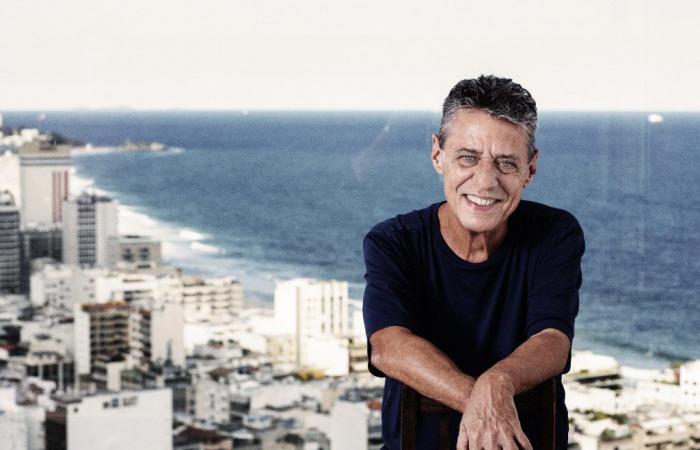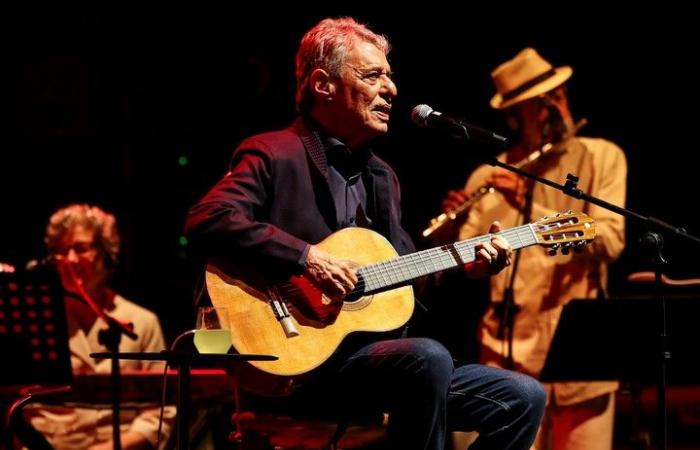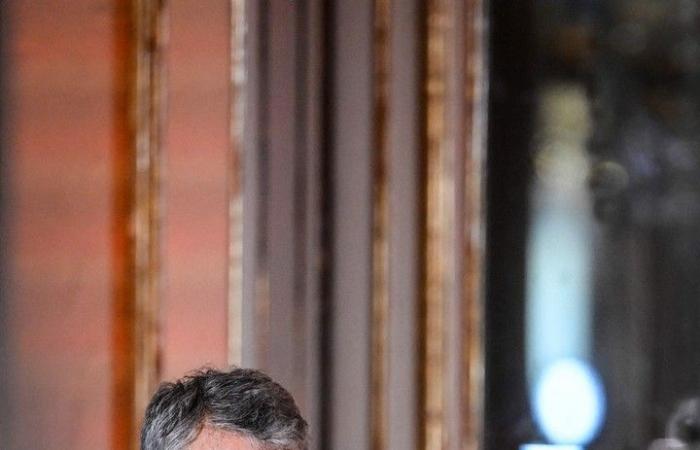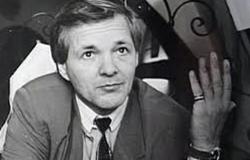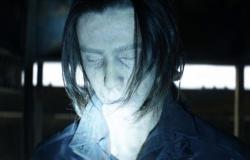Brazilian singer-songwriter Francisco Buarque of Holland, or simply Chicoturned 80 this week more focused on literature that to music and faithful to Political activism that has guided his work for the last six decades.
The intellectual vein came from the cradle. Son of Sérgio Buarque from Holland, historian, sociologist, writer and already at the time one of the greatest cultural references in Brazil, and Maria Amélia Alvim, pianist and plastic artist, both socialists.
Even so, in his youth he studied architecture for two yearsdazzled by the figure of Óscar Niemeyer, a great friend of his father.
However, in the early 1960s, he was captivated by bossa novacreated by other regular visitors to the family home: Vinícius de Moraes and Tom Jobim.
Jobim’s apprentice
“I left architecture and I became Jobim’s apprentice. When my music comes out well, I imagine it’s Jobim’s, but Tom’s music, for me, is like Oscar’s houses,” she declared a few years ago.
He is considered one of the great poets of Brazilian music. and began to be known in the early 60s.
It had as a platform some festivals that promoted new talents and they discovered other emblematic figures, such as Gilberto Gil, Cateano Veloso, Milton Nascimento or Elis Regina.
What was later known as Brazilian Popular Music (MPB), which began to have political overtones from 1964, when a military coup established a dictatorship that lasted until 1985.
The resistance to authoritarianism was one of its most active voices and he paid for it with exile. Persecuted and censured, in 1969 he left for Rome, but after 14 months he chose to return to Brazil on the advice of Vinícius de Moraes: “You should keep making noise”Told him.
With his fame as antidote to persecutioncomposed at that time some anthems of the political struggle against the dictatorship, such as ‘Vai passar’, sung by the left again starting in 2019, when the far-right Jair Bolsonaro assumed the Presidency of Brazil.
In 2022, just as it had done since the 90s, joined the campaign that brought the current president, Luiz Inácio Lula da Silva, to powerwhom his father accompanied in 1980 in the founding of the Workers’ Party (PT).
The literary facet
His work after the fall of the dictatorship in 1985 acquired a more intimate and explored the feminine universebut always with the mark of social criticism and his particular vision as a chronicler.
He also took up literature. I had already written some storiesbut since 1991, with the publication of I encumberhis first novel, he threw himself fully into literary creation.
Since then He has published a novel every about five years To the awards for his music he has added awards as a writer.
The most important, the 2019 Camões Awardgranted by Brazil and Portugal in recognition of his work, but which was denied by Jair Bolsonaro, so he ended up receiving it in 2023already with Lula in the Presidency.
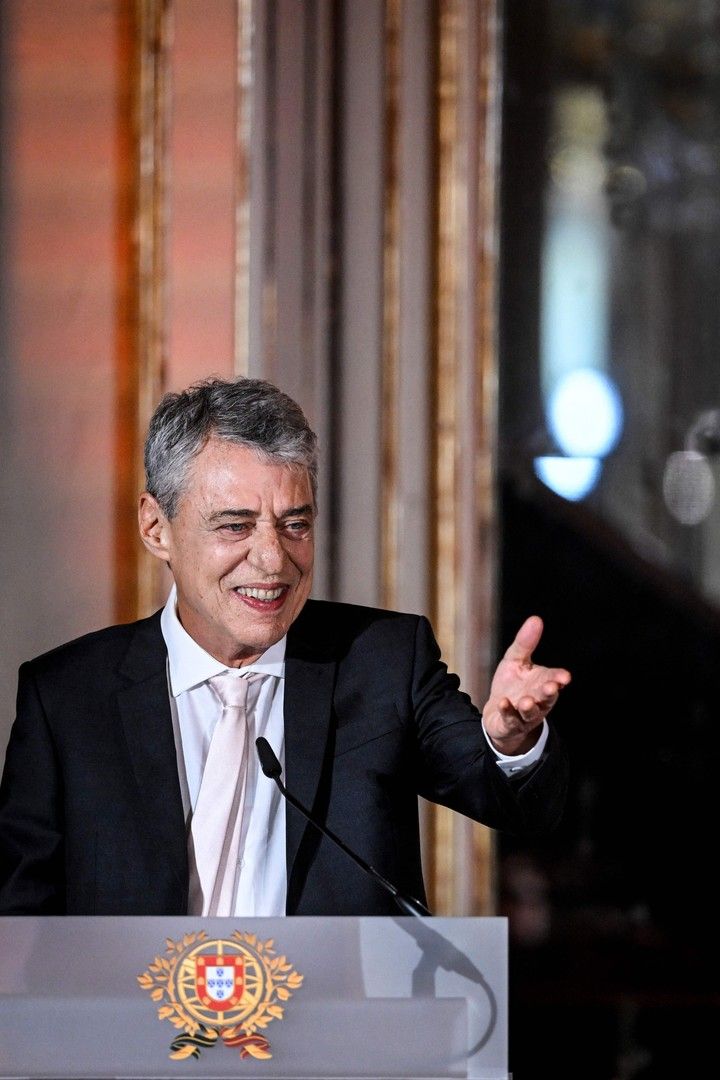 Brazilian singer and composer Chico Buarque delivers a speech after receiving the Camoes Prize during the Camoes Prize for Literature award ceremony at the Queluz Palace, in Queluz, outside Lisbon, on April 24, 2023. (Photo by PATRICIA DE MELO MOREIRA / AFP)
Brazilian singer and composer Chico Buarque delivers a speech after receiving the Camoes Prize during the Camoes Prize for Literature award ceremony at the Queluz Palace, in Queluz, outside Lisbon, on April 24, 2023. (Photo by PATRICIA DE MELO MOREIRA / AFP)Buarque’s fame did not begin as he would have liked. He first appeared in the press on December 30, 1961, at the age of 17, arrested for stealing a car with a friend to “take a walk”.
Embarrassed, he explained it as “entertainment” for the youth of the upper middle class of San Pablo, where he lived at the time.
He spent a night in a police station and was releasedbut under partial house arrest, which prevented him from going out at night for 172 days.
In those nights he perfected his guitar playing with his sister Miúcha and composed his first poemswhich a little later would be in the mouths of millions of Brazilians.
With his police file (RI5950) he printed the album cover in 1993. For all and He alluded to the event in the song ‘A foto da capa’which says that “the portrait of the artist as a young man is neither promising nor candid painting. It is the figure of the ostentatious thief.”
His last photo on the eve of his 80th birthday was very different. It was published last weekend and appears with former soccer player Raí in protests against the advance of the extreme right in Europe on the streets of Paris, where he spends about six months each year.
A portrait much more in line with what his thinking has been since he turned to the arts of music and literature.

